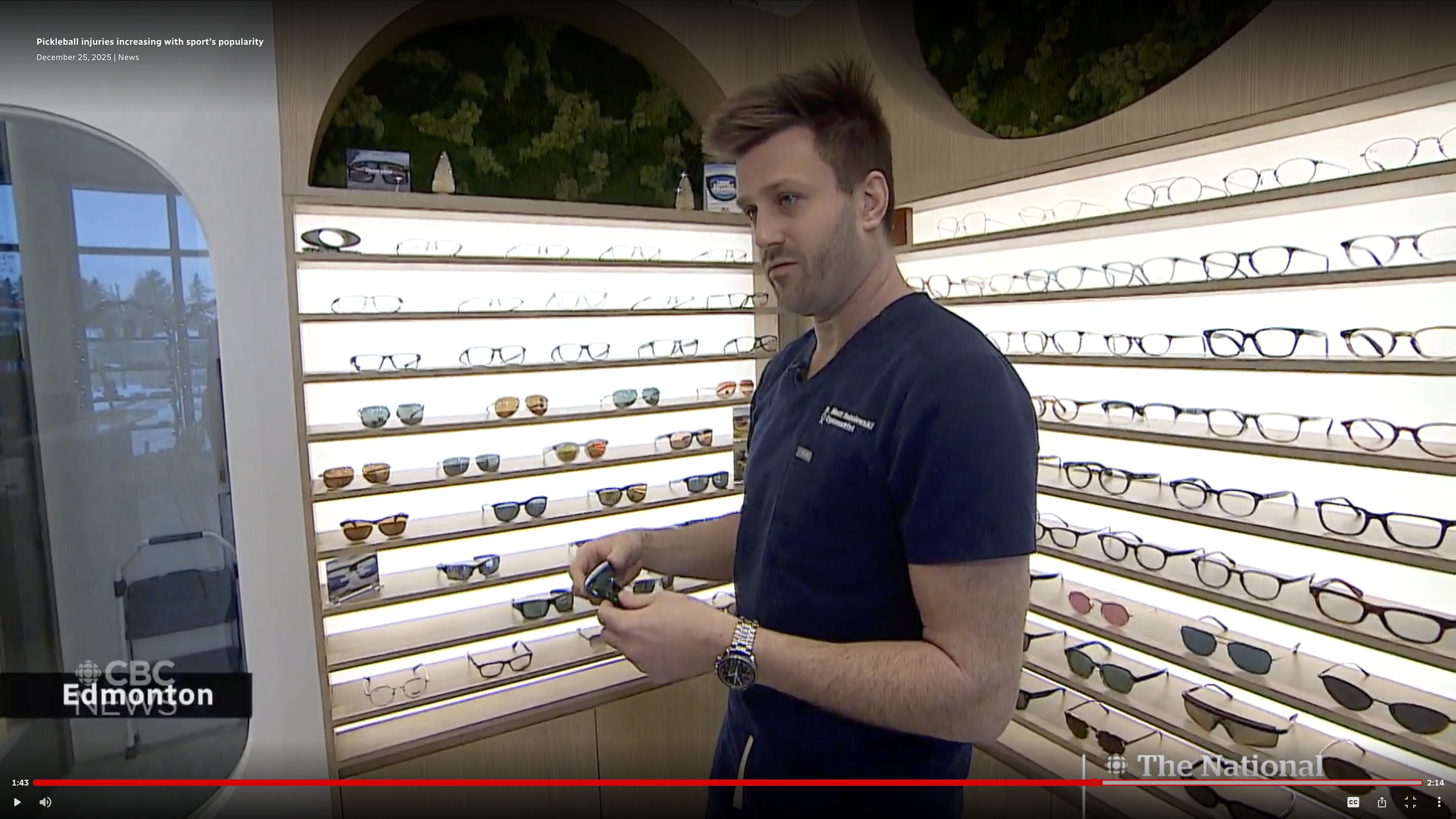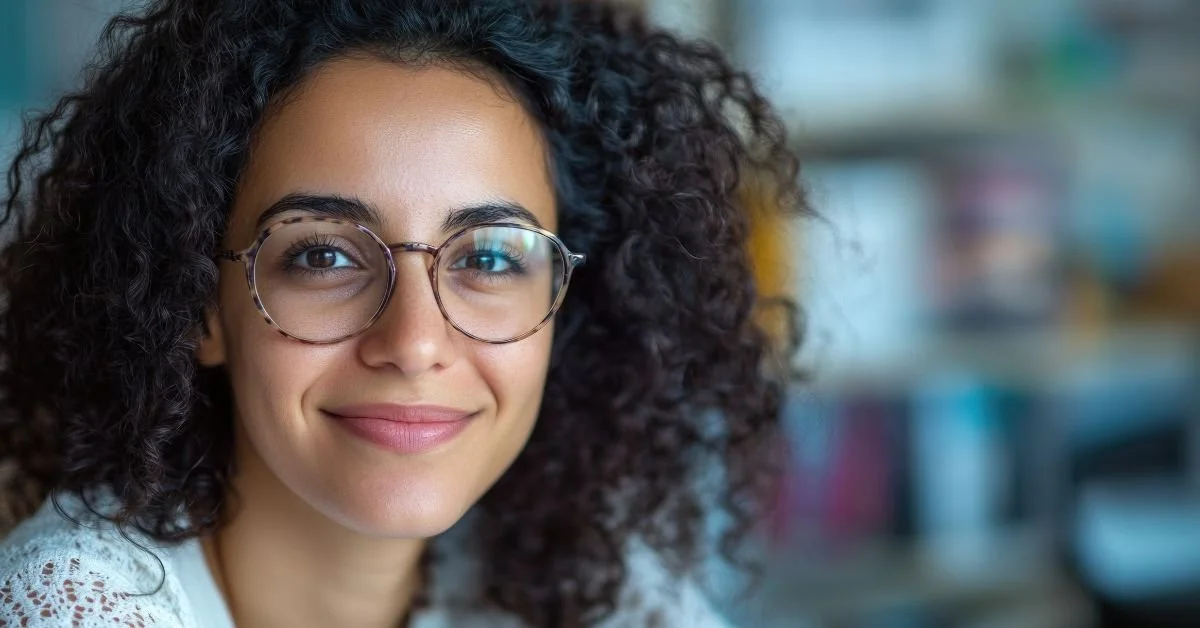Myopia Awareness Week 2025: Why You Need to Get Ahead of Your Child’s Changing Vision
Let’s talk about something we’re seeing more and more in the exam room: kids needing stronger glasses year after year. It’s not just a phase—and it’s not something to ignore.
It’s called myopia, or nearsightedness. And it’s happening earlier and faster than ever before.
This Myopia Awareness Week (May 22-26, 2025), we’re pressing pause on the everyday hustle to shine a spotlight on something that doesn’t always get the attention it deserves—but absolutely should because unchecked myopia in kids isn’t just about thicker glasses. It’s a long-term eye health issue that could affect your child’s future.
What is Myopia?
Myopia means your child can see up close but struggles to see things far away—like the whiteboard at school or a soccer ball flying across the field. But it’s more than just blurry distance vision.
When myopia progresses quickly and is left untreated, it increases the risk of serious eye diseases later in life, like glaucoma, retinal detachment, and even vision loss.
According to the Brien Holden Vision Institute, over half the world’s population is expected to be myopic by 2050—and in many cases, it starts in childhood.
Why Is Myopia Happening So Much Earlier?
It’s a combination of genetics, lifestyle, and environment:
Kids are spending more time indoors and less time outdoors in natural light.
Digital screens and close-up work dominate their day.
If one or both parents are myopic, their child is more likely to develop it, too.
The good news? There are ways to slow it down.
What Can You Do as a Parent?
Early detection is key—and that starts with a comprehensive eye exam, not just a vision screening at school.
At our optometry clinic, we do more than just check if your child needs glasses. We look for signs of progressive myopia, assess risk factors, and offer evidence-based treatments that can help slow down how quickly their vision is changing. These options include:
Stellest™ lenses
MiSight® daily contact lenses
Specialty glasses with myopia control designs
We’ve helped many kids stabilize their prescriptions, stay active, and feel more confident—not only now, but long-term.
Let’s Not Wait for Things to Get Worse
Myopia isn’t something to “watch and wait” on. The earlier we catch it, the more options we have to protect your child’s future vision.
This summer, while you’re planning family time, road trips, and screen breaks—add an eye exam to the list.
Your child’s eyes are growing fast. Let’s make sure we’re staying ahead of that growth together.
Book Now for Summer Myopia Consultations
This Myopia Awareness Week, let’s make a move that matters. Book your child’s eye exam with one of our optometrists and learn what you can do to keep their vision clear, healthy, and protected for years to come
👉 Schedule an appointment today at Helio Optometry
Because vision isn’t just about seeing the board at school—it’s about seeing a bright future, clearly.
Disclaimer: The content provided in this blog post by Helio Optometry eye care clinic in West Edmonton is intended solely for informational purposes and does not replace professional medical advice, diagnosis, or treatment by a Licensed Optometrist. No doctor/patient relationship is established through the use of this blog. The information and resources presented are not meant to endorse or recommend any particular medical treatment or guarantee and outcome. Readers must consult with their own healthcare provider regarding their health concerns. Helio Optometry and its optometrists do not assume any liability for the information contained herein nor for any errors or omissions. Use of the blog's content is at the user's own risk, and users are encouraged to make informed decisions about their health care based on consultations with qualified professionals.










